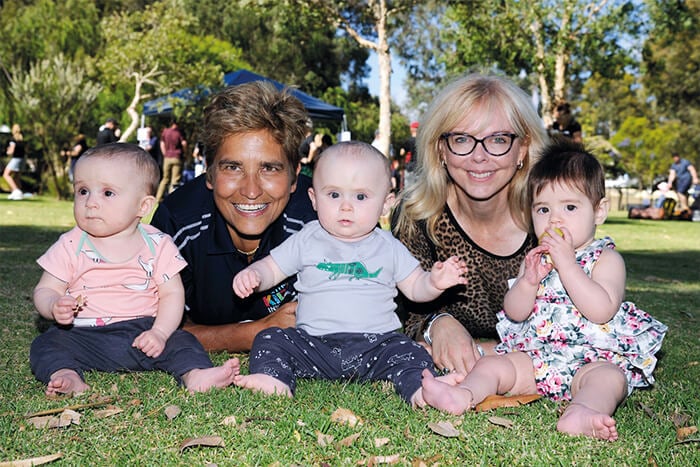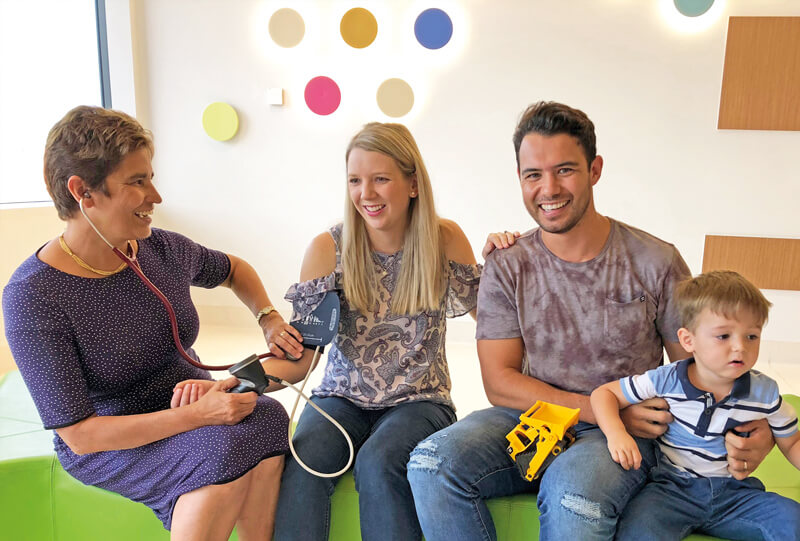Search
This paper examines gender gaps in cognitive and non-cognitive skills among a sample of more than 10,000 children between the ages of 6 and 9 in rural Indonesia
This study demonstrates a pervasive effect of early life infections that require hospital admission on multiple aspects of early child development
Childhood maltreatment and history of parental SSD are associated independently with poor early childhood social-emotional functioning
The Early Human Capability Index is a holistic measure intended to capture early child development across diverse cultures and contexts.

A collaboration between The Kids Research Institute Australia and Joondalup Health Campus is poised to be a game-changer for early childhood development.

A Quinns Rocks family who became the 1000th family to sign up for the ORIGINS Project is excited to be contributing to such ground-breaking research.
Adolescents are heavily exposed to unhealthy outdoor food advertisements near schools, however, the marketing power of these advertisements among adolescents has not yet been explored. This study aimed to investigate the teen-directed marketing features present and quantify the overall marketing power of outdoor food advertisements located near schools to explore any differences by content (ie, alcohol, discretionary, core and miscellaneous foods) school type (ie, primary, secondary, K-12) and area-level socio-economic status (SES; ie, low vs high).
The current study sought to explore holistic factors perceived to be key in managing emotional labour effectively in psychologists providing psychotherapy. Identifying applicable factors in this occupational group is vital to understand how psychologists manage emotional labour and related constructs.
Using over 50 thousand time-use diaries from two cohorts of children, we document significant gender differences in time allocation in the first 16 years in life. Relative to males, females spend more time on personal care, chores and educational activities and less time on physical and media related activities. These gender gaps in time allocation appear at very young ages and widen overtime.
Australian families increasingly rely on eating foods from outside the home, which in-creases intake of energy‐dense nutrient‐poor foods. ‘Kids’ Menus’ are designed to appeal to families and typically lack healthy options. However, the nutritional quality of Kids’ Menus from cafes and full‐service restaurants (as opposed to fast‐food outlets) has not been investigated in Australia. The aim of this study was to evaluate the nutritional quality of Kids’ Menus in restaurants and cafés in metropolitan Perth, Western Australia.
